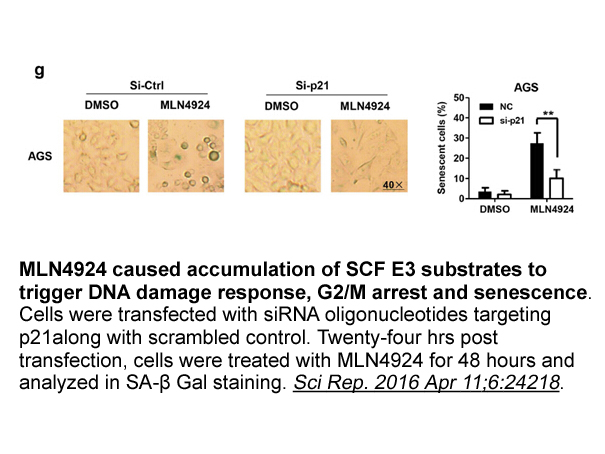Archives
Given the recognized effects of
Given the recognized effects of bisphosphonates in metastatic breast cancer [14,15] and that potential anticancer effects have been demonstrated in preclinical [16], translational [17], patients with cancer therapy-induced bone loss [18] and leukotriene receptor antagonist based-studies [19,20] a number of clinical trials assessing bisphosphonates\' effect on outcome in early stage breast cancer have been performed. Many of these trials presented conflicting results [21,24], but a consistent trend of beneficial effect on breast cancer recurrence was seen in older women. Of concern was that a useful clinical effect might have been missed because of trial design, end-points used, and under-powering of clinical trials for sub-group analyses [16]. Hence, an individual patient data meta analysis was performed and presented at the San Antonio Breast Cancer Symposium, December 2013 [13]. As this was considered by the BONUS me eting organizers an important, but potentially controversial topic, a debate format was used to best demonstrate contrasting views. While the original title for the debate was “This house believes that adjuvant bisphosphonates represent a gold-standard for post-menopausal women with higher risk breast cancer” the debaters asked if they could amend the title. In this commentary, we summarize the debates findings, and incorporate comments from the audience.
eting organizers an important, but potentially controversial topic, a debate format was used to best demonstrate contrasting views. While the original title for the debate was “This house believes that adjuvant bisphosphonates represent a gold-standard for post-menopausal women with higher risk breast cancer” the debaters asked if they could amend the title. In this commentary, we summarize the debates findings, and incorporate comments from the audience.
All women with invasive breast cancer over 50 should be offered a bisphosphonate
Discussion
While a debate can offer a light hearted means of assessing a particular topic osteocytes does provide an arena for opposing views to be presented. Sadly, it is unlikely that more definitive data will answer the question of whether adjuvant bisphosphonates are standard of care for women with early stage breast cancer. The D-CARE study [44] is evaluating the role of adjuvant denosumab and if positive would likely lead to denosumab being the standard of care. However, if positive in only a subgroup of patients, this will lead further confusion to the topic. Initial results for the primary outcome of bone metastases free survival are expected in 2016. The SWOG 0307 trial [36], comparing adjuvant clodronate with ibandronate and zoledronic acid, is expected to present results in 2015. While this trial may answer the question of which bisphosphonate is preferable, the absence of a placebo arm means that the question of this debate will remain unclear unless one arm is significantly superior to the others. In addition, the results of the SOFT [45] and TEXT [46] trials mean that increasing numbers of premenopausal women are going to undergo ovarian suppression, should these women also receive a bisphosphonate? To date we are unaware of the incorporation of adjuvant bisphosphonates into any practice guidelines but whether that changes when the EBCTCG meta-analysis is published in peer-reviewed format remains to be seen.
Conclusion
Disclosures of potential conflicts of interest